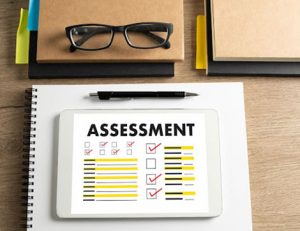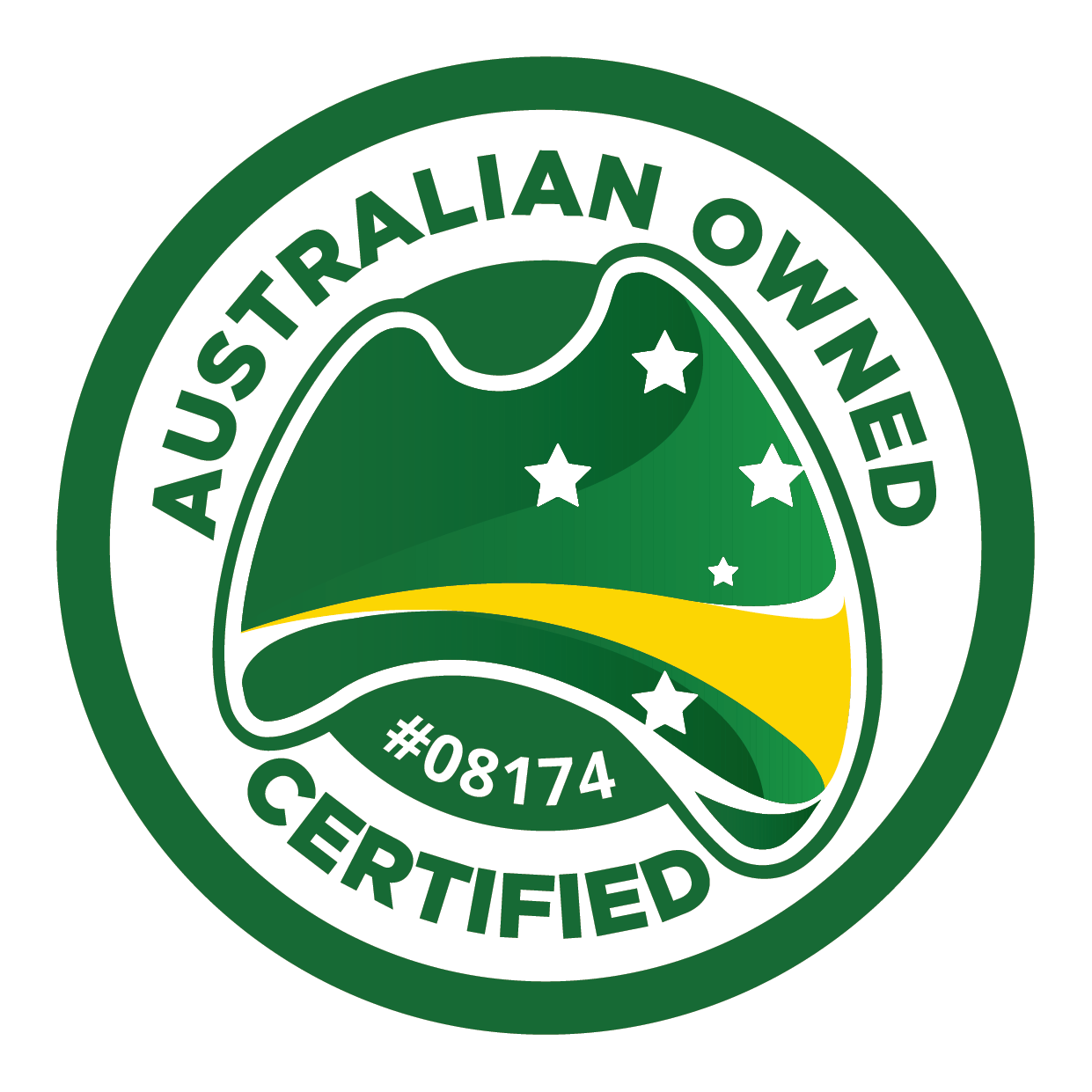Car-makers welcome electric vehicle technology certification offered through vocational training institutions in Australia.

An initiative to raise the level of certification in electric vehicle technology offered by vocational training institutions in Australia has been hailed by a number of automotive manufacturers. Despite the fact that all of the companies have extensive internal training programs of their own, they recognise the importance of equipping technicians to service, diagnose, and repair battery electric vehicles (BEVs) and their components across the country, regardless of their location.
Earlier this year, PwC’s Skills for Australia proposed the introduction of a new qualification – the Certificate III in Automotive Electrical Technology – as well as the addition of two new units of competency, following extensive consultation with employers, industry representatives, employees, trainers and assessors, students, and other stakeholders.
PwC’s Skills for Australia’s proposed training product (which is ostensibly intended to address a skills gap in the diagnosis and repair of electric vehicle powertrains) was reviewed and approved by the Australian Industry and Skills Committee in October 2021, and it was subsequently referred to the Skills Ministers for their endorsement.
To name a few of the local automobile manufacturers who had engaged PwC to consult on the potential introduction of a new certification – the Certificate III in Automotive Electrical Technology (EVT) – during the previous year, Toyota, Hyundai and BMW were prominent among those who did so.
A spokesperson for Toyota Australia, the market leader and dominant force in the petrol-electric segment, told GoAuto that the company “fully supports the inclusion of formal qualifications to address current and future electrification technology.” Toyota Australia is the world’s largest producer of hybrid and electric vehicles.
“It is critical to guarantee that there are consistent industry standards that are applicable across all states and territories,” the authors said.
The consulting firm PwC has asked for our input on a variety of issues, and we have enthusiastically supported each consultation session.
A spokeswoman from MG Motor Australia and New Zealand welcomed the Cert III training as “a wonderful start” and stated that the firm was looking forwards to a statewide rollout of comparable training and education programmes in the future.
In a statement, Volvo Car Australia stated that the new qualification “will provide a uniform standard that will allow apprentices to develop their skills and knowledge while also being provided with a new and relevant qualification that most manufacturers and dealers will seek when recruiting in the future.”
As a Volvo spokesperson told GoAuto, “This will benefit Australian dealers who may (otherwise) look to overseas markets for suitably qualified candidates and will keep careers in the Australian automotive industry relevant in an ever-changing consumer-goods market.”
“At this time, EV training modules are optional modules for third-year apprentices, but are required modules for fourth-year apprentices,” the authors wrote in their statement.
In the new certification level, aspects of this training should be included at a much earlier stage, according to the author.
According to BMW Group Australia, the development of a formal qualification as a fundamental, generic certificate was “a strong and positive start” that would lay the groundwork for providing an understanding of high voltage technology.
Participating in the PwC consultation, the company outlined the qualifications required of technicians who work with high-voltage systems and batteries, as well as the repairs that were performed on these systems and batteries by the technicians.
In terms of increasing the public knowledge base on electric vehicles, BMW stated that automotive organisations may assist in this area by establishing curricula for schools in order to increase student involvement.
A spokesperson for the BMW Group told GoAuto that “electric vehicles will be a significant part of their lives in the future” and that “starting the process of educating them at that point would not only assist their understanding, but it might also inspire them to get involved in the automotive industry.”
A senior member of Hyundai’s technical training organisation serves on the industry reference committee for the light vehicle sector, which collaborates with PwC to develop and review training packages. Hyundai also worked with PwC on the project.
Its dedication to building EV knowledge throughout its whole workforce includes a high-voltage (HV) training module for all retail employees, independent or their specific jobs, and training programmes were devised to guarantee that technicians at all levels were exposed to HV themes.
According to a Mercedes-Benz representative, “Future industry initiatives in this arena are welcomed, with the goal of ensuring that each state is working to the same regulations as the others.”
The proposed national Certificate III in Automotive Electrical Technology demonstrated that demand for combined expertise in internal combustion engines and electric vehicles was increasing, according to Volvo Car Australia. “It should be integral to the qualification programmes for anyone hoping to work on both types of drivetrains,” the company said.
As stated by MG, the qualification may practically be considered “necessary” for training future technicians in the company’s opinion.
“It is not simply about electric and internal combustion engine technology; the combination of the two is equally crucial. Being able to combine both skill sets is critical for future-proofing the next generation of technicians, according to an MG spokeswoman.
BMW Group Australia, on the other hand, stated that it “totally supports the concept of training on ICE, PHEV, and BEV vehicles from the outset.”
Developing youthful talent at an early age will help them develop into well-rounded professionals who will be ready to take on new challenges in their careers.












